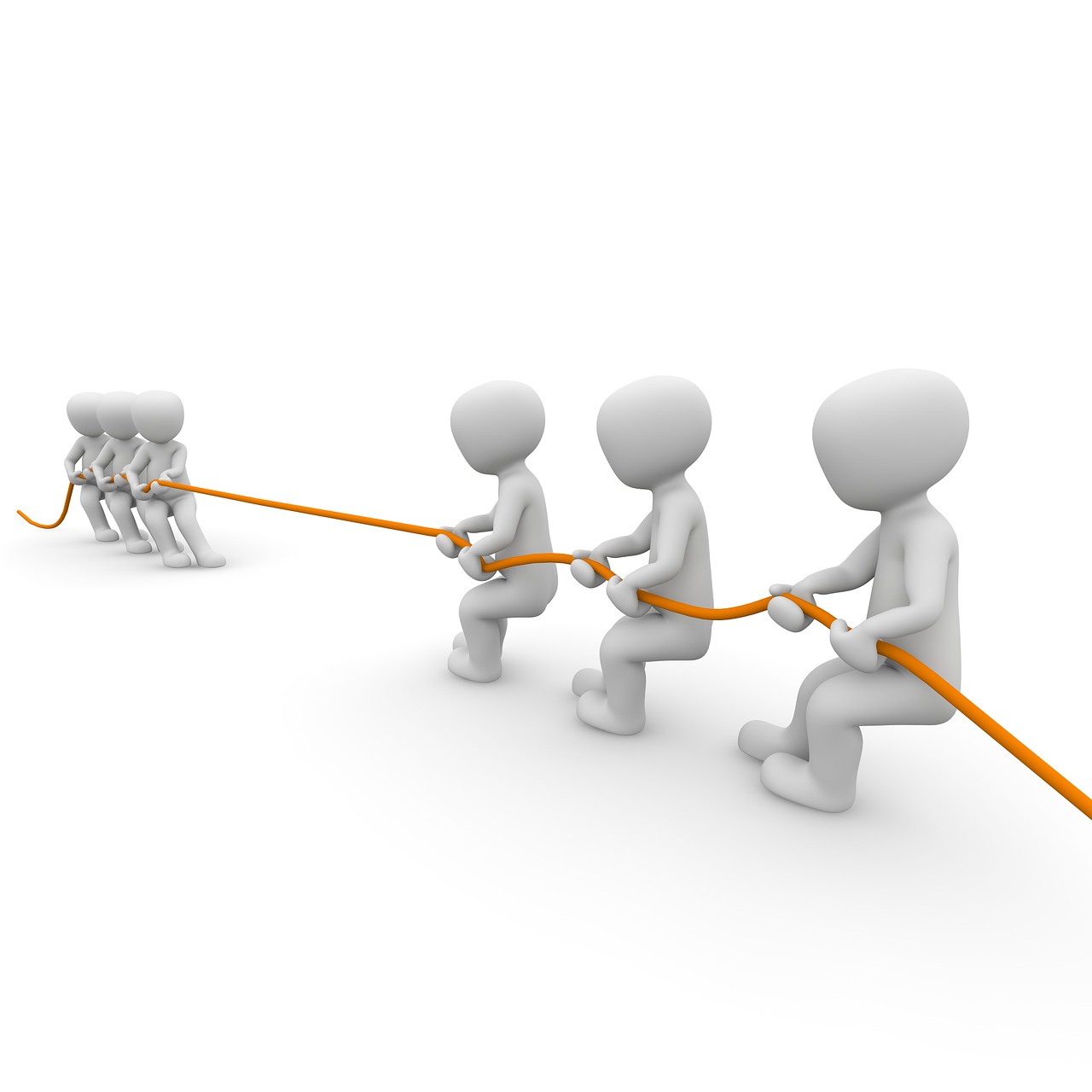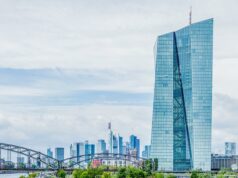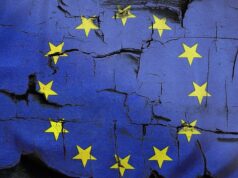
There is no quick end to the dispute over the new leadership of the European Union. A „mini-summit“ of the heads of government of Belgium, the Netherlands, Portugal, Spain, Latvia and Croatia in Brussels on filling EU top jobs ended yesterday evening without tangible results.
„The meeting was constructive, there were approaches to elements of the strategic agenda“ for the next few years, it said in a brief statement afterwards. „Challenges were named.“
It was agreed that they would exchange with their own party families and stay in close contact with each other. But that does not replace the selection process in the European Council and the European Parliament.
Tug-of-war over Juncker succession
It is all about the succession of European Commission President Jean-Claude Juncker. The head of the European People’s Party (EPP) Group, Manfred Weber, and the Dutch Social Democrat Frans Timmermans, who were both top candidates in the European elections, make claims. Even the liberal Margrethe Vestager from Denmark pays off opportunities.
The initial situation is complicated. Anyone who wants to run the commission in the future does not only need a majority in the EU Parliament, where at least a tripartite alliance would be necessary. In addition, the Council of EU Heads of State and Government would have to nominate the candidate with the necessary majority. There, French President Emmanuel Macron and others have already opposed Weber.
Rutte for Vestager
Dutch Prime Minister Mark Rutte had stated before the Brussels meeting that he did not expect a solution yet. Rutte said in the afternoon in The Hague, as Liberal he supported Vestager. But he added with a view to his compatriot Timmermans: „He is strong in the race and he certainly has a chance.“ But a majority for Timmermans or Vestager is so far not recognizable – neither in Parliament nor in the Council.
The heads of state and government had appointed the prime ministers of six countries as negotiators: Rutte and the Belgian Charles Michel for the Liberals; the Spaniard Pedro Sanchez and the Portuguese Antonio Costa for the Social Democrats; the Latvians Krisjanis Karins and Croatian Andrej Plenkovic for the EPP.



